In D.H. Lawrence’s hypnotic and powerful short story SUN (1928), Juliet, a sick woman, is prescribed sun therapy by her doctor. She starts sunbathing naked and magical changes happen in her body, psyche, and being. The “cold dark clots of her thoughts” start dissolving. A thread: 

1/ Juliet’s sun-bathing sessions turn her into an aristocrat:
She develops a “contempt for human beings altogether”
Why?
Because they are “un-elemental” and “unsunned”
As if they are “graveyard worms” - always “innerly cowed” and afraid of the “natural blaze of life”
She develops a “contempt for human beings altogether”
Why?
Because they are “un-elemental” and “unsunned”
As if they are “graveyard worms” - always “innerly cowed” and afraid of the “natural blaze of life”
2/ Why was D.H. Lawrence obsessed with the sun? His father was a coal-miner, spending most of his time in the dark underground. Lawrence didn’t want that fate. He wrote: “The sun is to us what we take from it. And if we are puny, it is because we take punily from the superb sun.” 

3/ For Lawrence, conscience is your inner sun:
“Conscience is sun-awareness and our deep instinct to not go against the sun”
When our gut instinct clearly blinks red or green
We experience borrowed clarity from the sun itself
Good ideas wish to live in a well-lit, sunny mind
“Conscience is sun-awareness and our deep instinct to not go against the sun”
When our gut instinct clearly blinks red or green
We experience borrowed clarity from the sun itself
Good ideas wish to live in a well-lit, sunny mind
4/ DH Lawrence's problem with the middle classes?
They’re “sunless”
Lawrence: “They have only two measures: mankind and money, they have utterly no reference to the sun”
For Lawrence, life without a higher reference is “meaningless" like paper money "when the bank is broke”
They’re “sunless”
Lawrence: “They have only two measures: mankind and money, they have utterly no reference to the sun”
For Lawrence, life without a higher reference is “meaningless" like paper money "when the bank is broke”
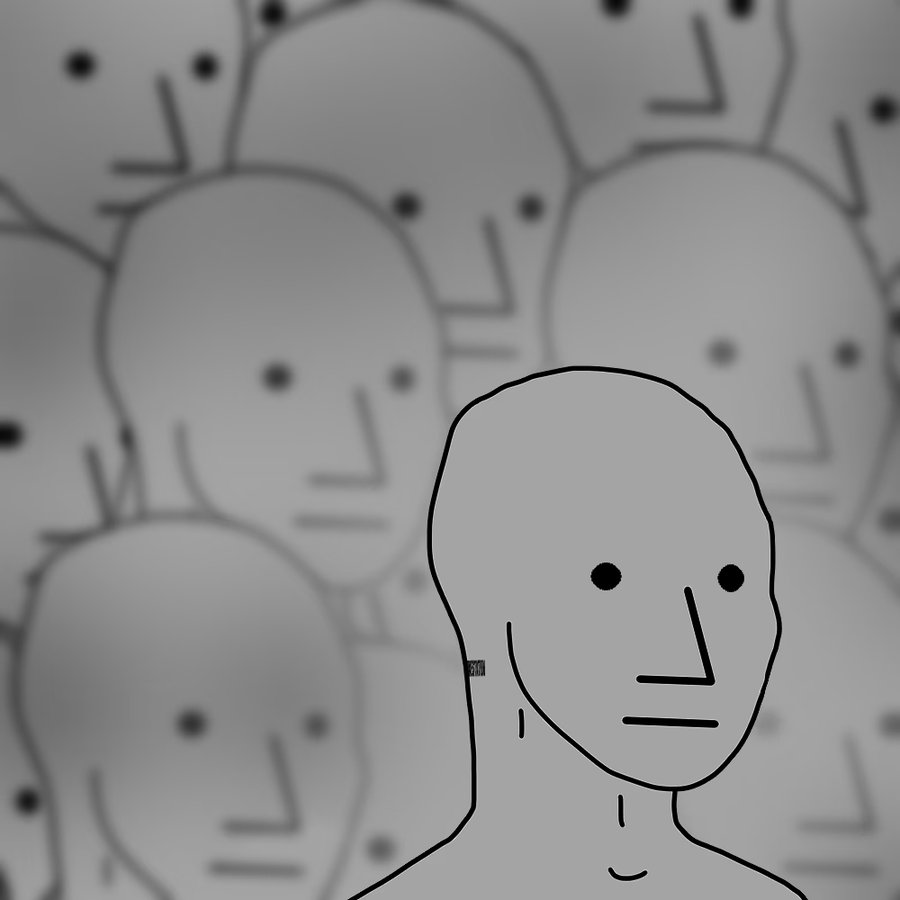
5/ Why Caesar was an aristocrat
Lawrence wrote that the 1st century B.C. would’ve been “far less vital” and “less vividly alive” without him
He put people “into a new relation with the universe”
By uniting disjoint geographies, he “man in new relation to ice and sun”
Lawrence wrote that the 1st century B.C. would’ve been “far less vital” and “less vividly alive” without him
He put people “into a new relation with the universe”
By uniting disjoint geographies, he “man in new relation to ice and sun”
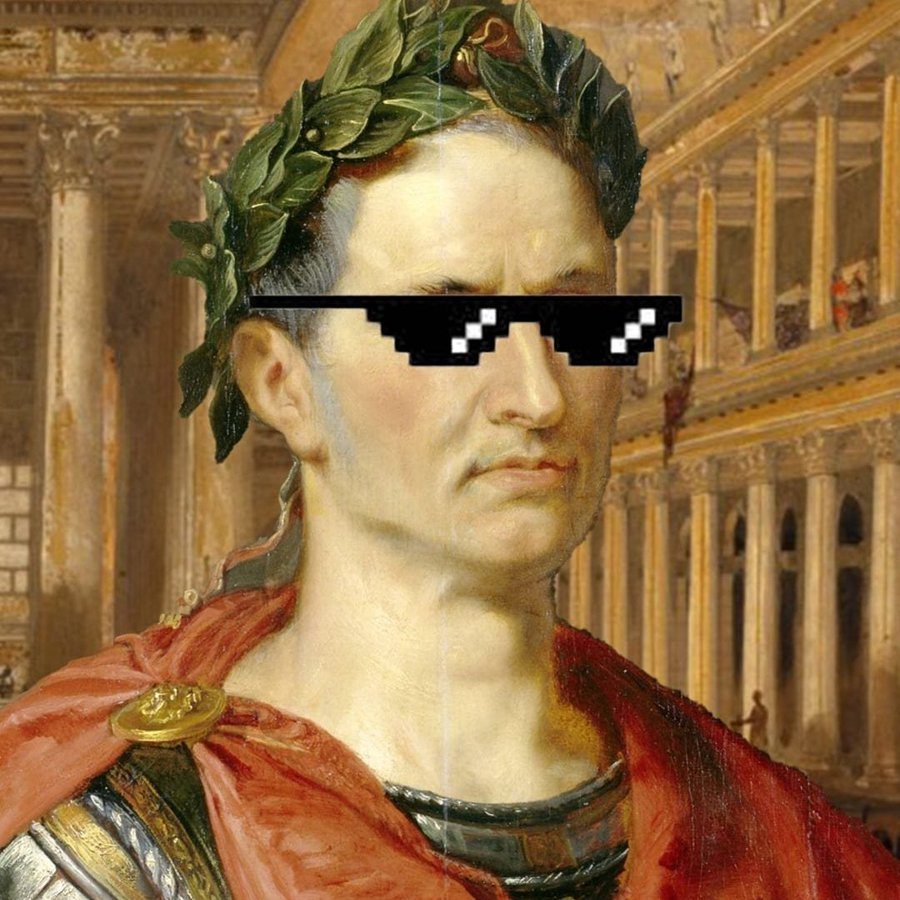
6/ D.H. Lawrence’s definition of aristocracy is hard to improve:
“Being alive constitutes an aristocracy which there is no getting beyond. He who is most alive, intrinsically, is King, whether men admit it or not.”
All attention and loyalty go to the one who's burning with life
“Being alive constitutes an aristocracy which there is no getting beyond. He who is most alive, intrinsically, is King, whether men admit it or not.”
All attention and loyalty go to the one who's burning with life
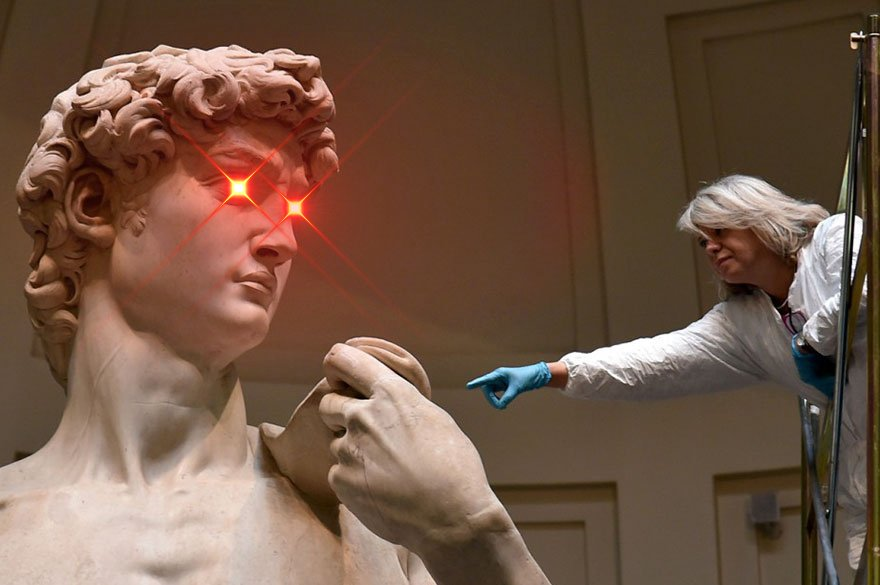
7/ Lawrence predicts a new Solar Elite:
“Enough of the squalor of democratic humanity! Time to recognize the aristocracy of the sun. There will form a new aristocracy, irrespective of nationality, of men who have reached the sun.
In the coming era they will rule the world.”
“Enough of the squalor of democratic humanity! Time to recognize the aristocracy of the sun. There will form a new aristocracy, irrespective of nationality, of men who have reached the sun.
In the coming era they will rule the world.”

8/ If civilization is to survive, then it is necessary for the lower to "serve the higher"
A proper hierarchy is a pre-condition of life!
Lawrence: "More life! More vivid life! Not more safe cabbages, or meaningless masses of people.”
A proper hierarchy is a pre-condition of life!
Lawrence: "More life! More vivid life! Not more safe cabbages, or meaningless masses of people.”
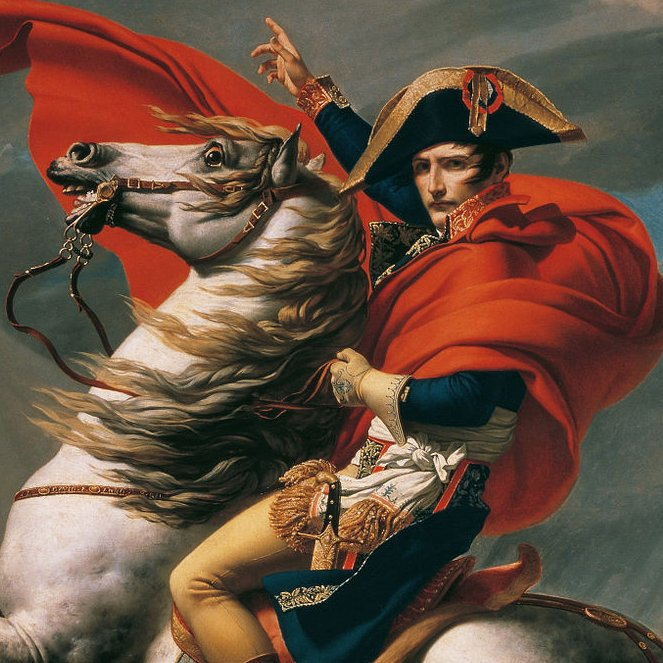
9/ Who’s a SAVIOR?
D.H. Lawrence: “Whoever can establish, or initiate a new connection between mankind & the universe, is a savior.”
Life tends to degenerate into “repetition, torpor, ennui, lifelessness”
A savior hits refresh on “the human connection with the universe”
D.H. Lawrence: “Whoever can establish, or initiate a new connection between mankind & the universe, is a savior.”
Life tends to degenerate into “repetition, torpor, ennui, lifelessness”
A savior hits refresh on “the human connection with the universe”
10/ I love D.H. Lawrence's definition of immorality:
“It is only immoral to be dead-alive, sun-extinct, and busy putting out the sun in other people”
Pro tip: Don't put out the sun in other people
“It is only immoral to be dead-alive, sun-extinct, and busy putting out the sun in other people”
Pro tip: Don't put out the sun in other people
Read my book:
It's a sunny defense of the aristocratic way of life - among other things. Dig in: jashdholani.gumroad.com/l/hitreverse
jashdholani.gumroad.com/l/hitreverse

It's a sunny defense of the aristocratic way of life - among other things. Dig in: jashdholani.gumroad.com/l/hitreverse
jashdholani.gumroad.com/l/hitreverse
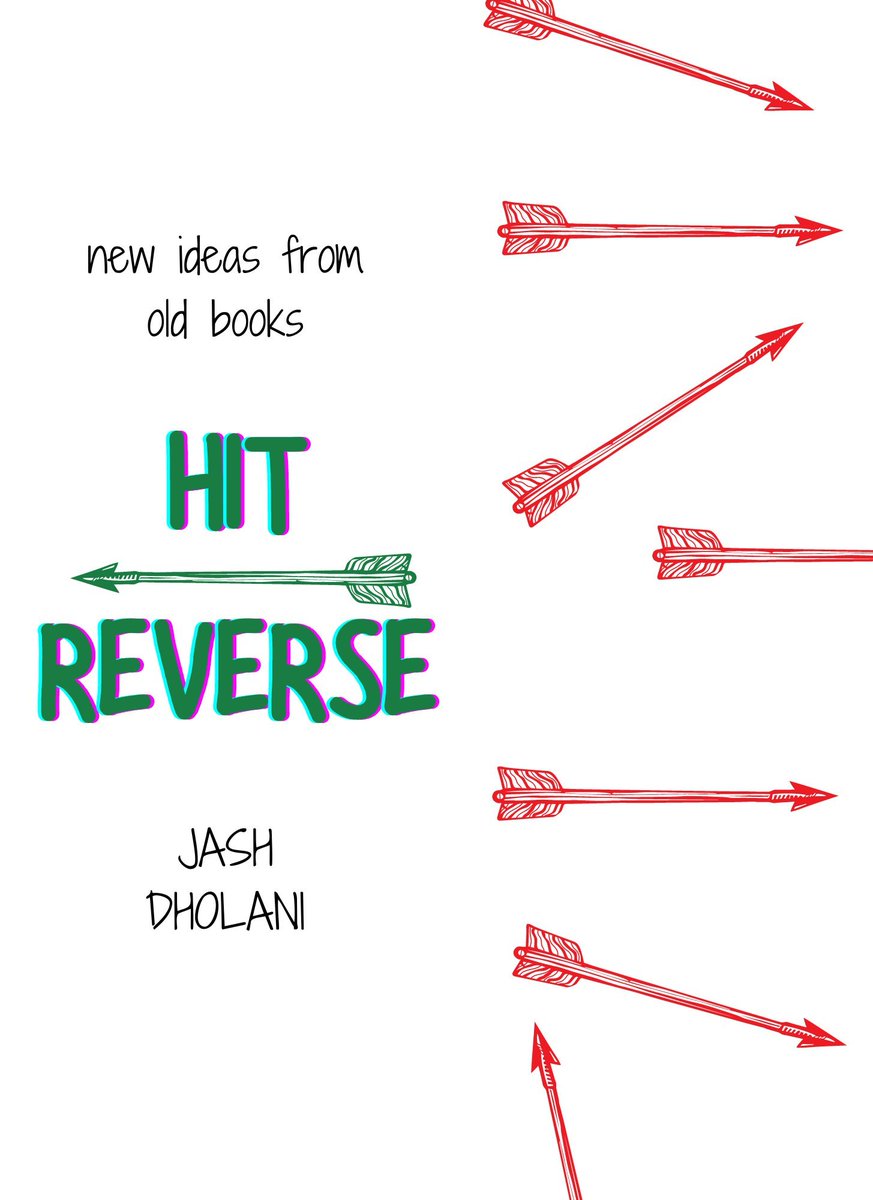
Thank you for reading fren!
I appreciate your time
RT the first tweet to Sun-Pill your timeline👇🏻

I appreciate your time
RT the first tweet to Sun-Pill your timeline👇🏻
https://x.com/oldbooksguy/status/1767249585586798612?s=20
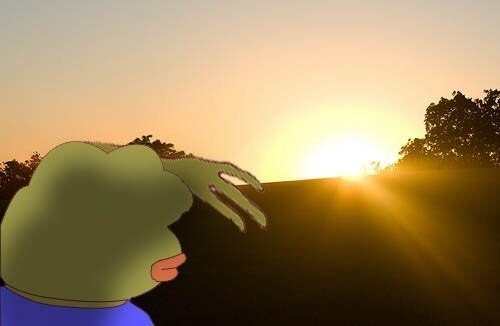
• • •
Missing some Tweet in this thread? You can try to
force a refresh










